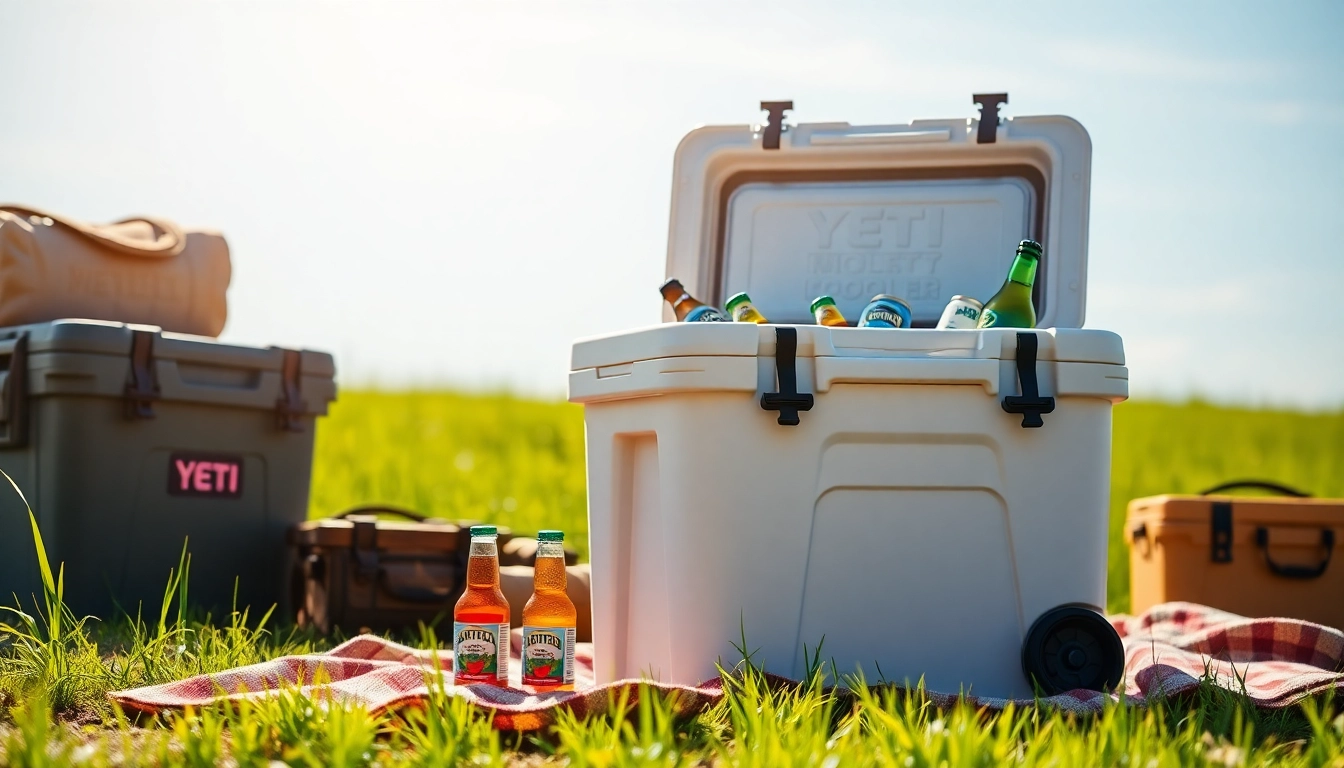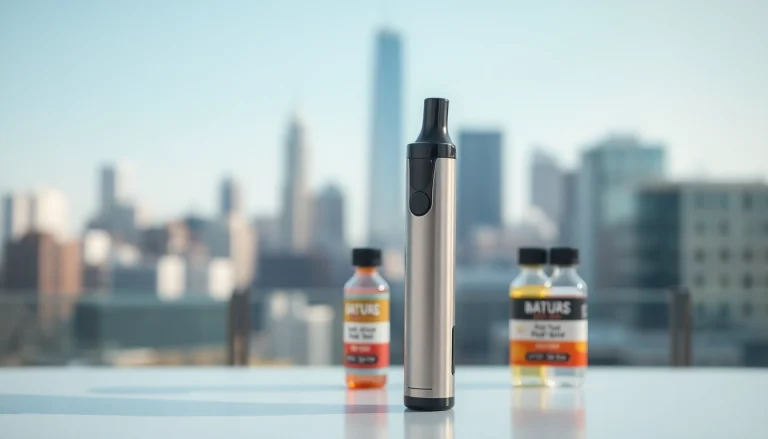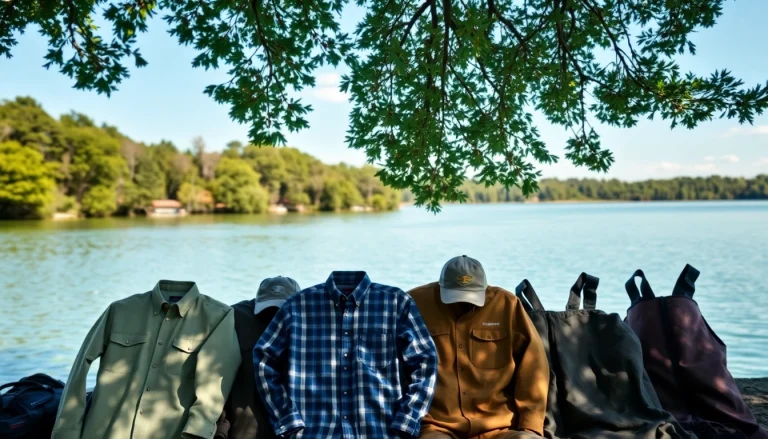Introduction to Yeti Cooler Alternatives
Yeti coolers, known for their rugged construction and exceptional thermal performance, have gained a loyal following, particularly among outdoor enthusiasts. However, the premium price tag can be a significant deterrent for many consumers. Fortunately, the market is brimming with yeti cooler alternatives that provide comparable quality and performance at a fraction of the cost. In this article, we will explore the various options available, their benefits, and what to consider when choosing a cooler that meets your needs.
Why Look for Cheaper Coolers?
Affordability is one of the primary reasons consumers seek alternatives to Yeti coolers. While the quality and durability of Yeti are unquestionable, many budgets cannot accommodate such high-end products. Furthermore, numerous factors influence the decision to explore alternatives:
- Budget Constraints: Not every outdoor enthusiast has the financial flexibility to invest in a high-end cooler, especially if they’re planning to purchase multiple units for group outings or events.
- Occasional Use: For those who engage in outdoor activities sporadically, spending a significant amount on a cooler may not be justified.
- Innovative Alternatives: Many brands have emerged with innovative features and design improvements that rival Yeti’s offerings without the hefty price point.
Benefits of Yeti Cooler Alternatives
Choosing an alternative to Yeti can come with a host of benefits:
- Cost-Effectiveness: Alternatives typically offer substantial savings, allowing more funds for other camping gear or experiences.
- Diversity of Features: Different brands often focus on unique features that may better serve specific needs, such as weight, size, or insulation technology.
- Accessibility: Lesser-known brands may have more easily accessible customer service, warranty options, and product availability.
Overview of the Coolers Market
The cooler market has evolved significantly over the past few years. While Yeti often stands as the benchmark for quality and pricing, competitors have risen to offer viable alternatives. The rise of e-commerce has further expanded consumer choices, empowering them to compare products easily and read extensive reviews. With a strong focus on sustainability and innovation, brands today are more inclined to incorporate eco-friendly materials into their products.
Top Affordable Yeti Cooler Alternatives
Now that we have established the need and benefits of exploring cooler alternatives, let’s delve into some of the top brands and models available on the market.
Brand Comparisons: Key Features and Prices
Here is a comparison of some of the most reputable alternatives to Yeti coolers, highlighting their key features and price ranges:
- Pelican Elite Cooler: Known for its robust construction and impressive insulation, Pelican coolers are built to withstand extreme conditions. Prices start around $199 for the smaller models and can go up to $600 for larger sizes.
- Igloo BMX Family: Igloo’s BMX coolers offer a rugged design at an affordable price, beginning at just $99. They feature heavy-duty construction and a UV-resistant exterior, making them great for outdoor adventures.
- RTIC Coolers: RTIC offers significant savings compared to Yeti, with prices ranging from $150 to $450. Their coolers are insulated to keep contents cold for days, making them ideal for long camping trips.
- Orca Coolers: A little higher in price than some alternatives, Orca coolers are still cheaper than Yeti. Known for excellent performance and durability, their price range starts at approximately $199.
Performance Analysis of Alternative Coolers
Identifying the right cooler also involves understanding performance metrics. Insulation quality, ice retention, and durability are critical factors:
Insulation Quality: Quality insulation is essential in maintaining low temperatures. Most alternatives claim ice retention of between 5 to 10 days, depending on the cooler’s size and environmental conditions. RTIC and Pelican are notable for their superior insulation technology, while Igloo stands out in the budget segment.
Ice Retention Comparisons: In tests, the top performers, such as the Pelican and RTIC models, can retain ice for up to a week under optimal conditions. Alternatives like the Igloo BMX can be expected to last around 3 to 5 days.
Durability and Construction: Many competitors use similar rotomolded construction techniques as Yeti, ensuring they can endure rough handling and extreme outdoor conditions. However, different brands vary in the use of materials, with Pelican’s coolers often seen as the most robust.
User Reviews and Ratings
User feedback plays an essential role in assessing the performance of coolers. By analyzing product ratings from multiple retailers, we can glean insight into consumer satisfaction. Generally, alternatives to Yeti coolers have positive reviews, often highlighting their cost-effectiveness and performance:
- RTIC Coolers: Users praise their exceptional ice retention and affordability, but some mention weight as a downside in larger models.
- Pelican Coolers: Reviews often credit Pelican for its superior build quality but may note a higher price point than others.
- Igloo BMX: Many users appreciate the value for money, especially for short trips, but occasionally mention limitations in ice retention compared to pricier models.
- Orca Coolers: Customers frequently commend its durability and performance, but the price point can be a barrier for some.
Choosing the Right Cooler for Your Needs
With numerous options available, it’s crucial to choose a cooler that fits your specific needs. Here are several considerations to guide your decision-making:
Sizing and Capacity Considerations
The size and capacity of your cooler will largely depend on the intended use. Whether you’re packing for a day trip or a weekend camping excursion, consider the following:
- Capacity Needs: Assess the number of people you’ll be catering to. Smaller models (20-30 quarts) are ideal for day trips, while larger models (50+ quarts) suit longer outings.
- Space Availability: Ensure your vehicle can accommodate the cooler size. Portability can be hindered by an overly large cooler.
- Weight Considerations: If you’re embarking on a hiking trip, opt for lighter models that offer a good balance of durability and ice retention.
Durability and Material Quality
The construction quality of a cooler significantly impacts its performance and longevity. Most high-quality alternatives use similar materials to Yeti, such as:
- Rotomolded Plastic: This process enhances durability and insulation but adds weight to the cooler.
- Heavy-Duty Latches and Hinges: Ensure the cooler remains airtight to maintain internal temperatures efficiently.
- UV-Resistant Designs: Protect your cooler from fading and damage due to prolonged sun exposure, especially for beach outings.
Portability Features to Look For
Depending on how you plan to transport your cooler, several features can enhance portability:
- Wheels: Consider coolers with wheels for easier transport over rugged terrain, especially for heavier models.
- Integrated Handles: Look for features like foldable or ergonomic handles for easy carrying.
- Lightweight Materials: Prioritize options that combine durability with lightweight construction to ensure ease of transport without compromising performance.
Maintaining Your Cooler for Longevity
To ensure that your cooler remains functional for years, proper maintenance and care are essential. Here are some tips:
Cleaning Tips for Maximum Performance
Regular cleaning not only preserves your cooler’s appearance but also ensures optimal cooling performance:
- Rinse After Use: Always rinse out your cooler with warm, soapy water after each use, ensuring no residues are left behind.
- Dry Thoroughly: After rinsing, leave the cooler to air dry to prevent mold and odors from forming.
- Use Baking Soda: For stubborn odors, fill the cooler with a solution of baking soda and water and leave it overnight before rinsing.
Storage Recommendations
Proper storage plays a significant role in maintaining the integrity of your cooler:
- Keep it Dry: Always store your cooler in a dry place to prevent moisture buildup that can lead to mold growth.
- Avoid Extreme Temperatures: Store your cooler in a climate-controlled area to prevent material degradation.
- Leave the Lid Open: To prevent odors and maintain air circulation, consider leaving the lid open during storage, if possible.
Repairing Common Issues
Even the best coolers may encounter issues over time. Here are common problems and their solutions:
- Leaking Seals: If your cooler begins to leak, check the gasket for wear and replace it if needed to ensure a proper seal.
- Cracked Exterior: For minor cracks, a sealant can be used to prevent further damage. For major cracks, consider contacting the manufacturer for warranty support or potential repairs.
- Hinges or Latches Failure: Many brands offer replacement parts for hinges and latches; follow the manufacturer’s guidelines for installation.
Conclusion and Final Recommendations
With ample options in the cooler market, selecting the right product requires thoughtful consideration of your unique needs and preferences. Below, we summarize key points to keep in mind:
Weighing Your Options: Yeti vs. Alternatives
While Yeti coolers offer unrivaled performance, affordable alternatives do not always compromise quality. When comparing models, consider the features and prices that best suit your intended use, as well as user experiences to guide your purchase decision.
Where to Buy Affordable Coolers
Shopping for coolers has never been easier, with vast options available both online and in-store. Major retailers like Amazon, Walmart, and dedicated outdoor gear shops frequently stock a range of brands and models. For the best deals, be sure to compare prices across platforms and check for seasonal promotions.
Final Thoughts on Cooler Investments
Investing in a cooler should reflect your outdoor lifestyle and budgetary constraints. By exploring alternatives, you can enjoy high-performance cooling solutions that don’t break the bank, all while maintaining the quality necessary for your adventures. Whether you opt for a well-known brand or a hidden gem, the right cooler can significantly enhance your outdoor experiences.








